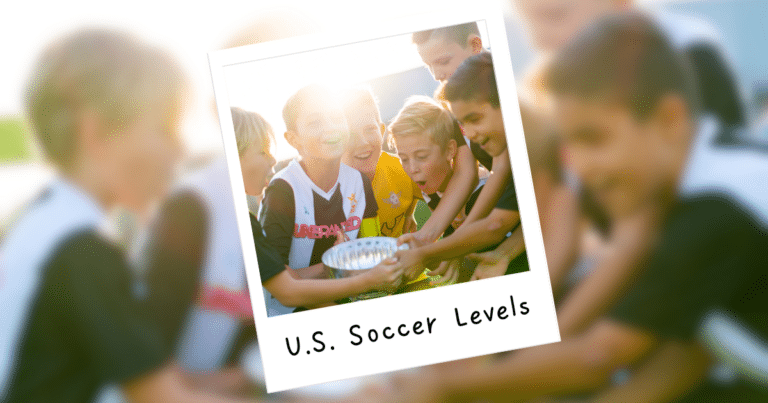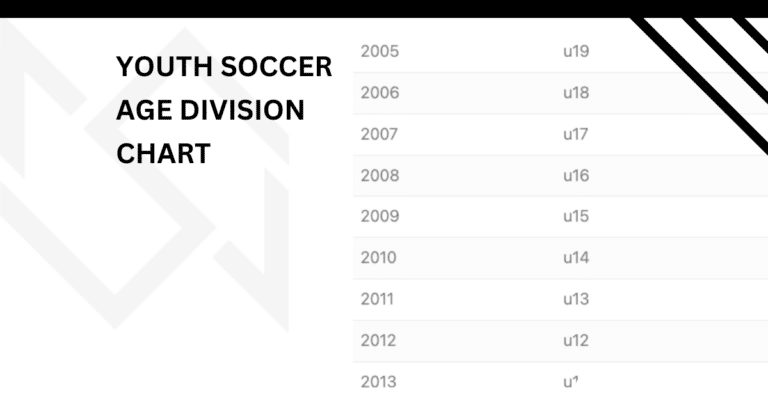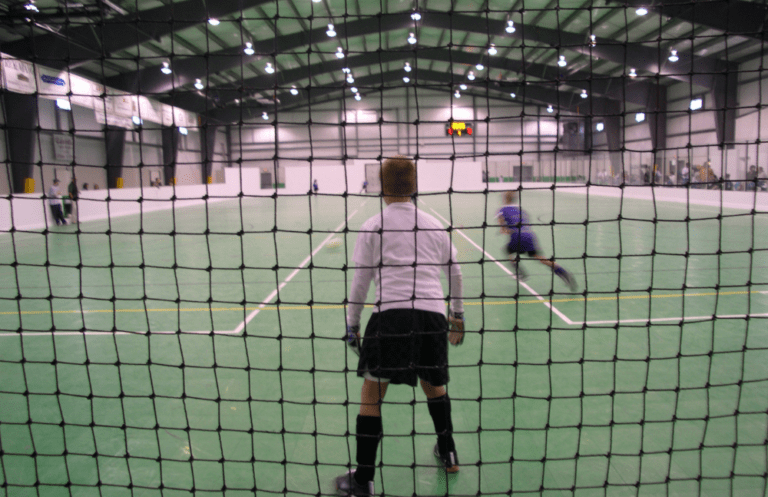Coaching Your Own Child in Youth Sports

I’ve coached my son for three years in soccer and another five years in basketball. When I look back on it, I can honestly say that I enjoyed every minute of it. But, in the moment, there were some struggles.
Coaching your own child can be a rewarding experience and can help strengthen your bond with them. However, it can also come with its own set of challenges.

In this article, I’ll help you navigate your role from parent to coach. Coaching soccer may be a great fit or you might just be better watching from the sidelines. Let’s get to it!
Understanding Your Role
When coaching your own child in youth sports, it is important to understand your role as both a coach and a parent. Here are a few things to keep in mind:
Be a Coach First
While it may be tempting to prioritize your role as a parent over your role as a coach, it is important to remember that your child is looking to you for guidance and instruction on the field.
As a coach, your job is to help your child and their team improve and develop their skills. Try not to let being a parent get in the way of this.
Set Clear Expectations
It is important to set clear expectations for your child and their teammates from the beginning of the season. This includes expectations for behavior, effort, and sportsmanship.
Make sure your child knows that they will be held to the same standards as their teammates and that you will not show them any special treatment.
Separate Your Roles
One of the biggest challenges of coaching your own child is separating your roles as a coach and a parent.
It is important to avoid showing favoritism towards your child and to treat them like any other player on the team. This means avoiding public displays of affection or criticism and avoiding discussing their performance with them outside of practice or games.

This happens all too often in youth sports. A parent will focus on their child because of their natural parental instincts but they neglect the other kids. Parents who coach should avoid this at all costs.
Communicate Effectively
Effective communication is key when coaching your own child. Make sure to communicate clearly and respectfully with both your child and their teammates.
Be open to feedback and willing to listen to their concerns. It is also important to communicate with other parents on the team to ensure that everyone is on the same page.
Keep it Fun
Youth sports should be fun for everyone involved, including your child. While it is important to push them to improve their skills, it is also important to make sure they are enjoying themselves.
Avoid putting too much pressure on them or criticizing them excessively. Instead, focus on positive reinforcement and encouragement.
Simply enjoy the process because one day you’ll look back on it and be glad you did it. Or, you may be filled with regret that you didn’t enjoy it much. The choice is yours.
Celebrating Successes
One of the things I love about youth soccer is that positive reinforcement goes a long way. For a child to come back again, it might just take a coach saying, “You did great today, keep up the good work and you’ll have a future in soccer!”
When you can share and celebrate success as a team and with your own child, this is what it’s all about. As a parent, your child will naturally look up to you. Provide positivity in their life.
Here are a few tips for celebrating successes with your child:
- Acknowledge their effort: When a child puts in a lot of effort, even if the outcome isn’t exactly what they were hoping for, it’s important to recognize their hard work. Let them know that you appreciate their dedication and that you’re proud of them for giving it their all.
- Focus on the positives: When a child experiences a setback, it can be easy to dwell on the negatives. Instead, try to focus on the positives. If it’s your child, talk to them about what they did well and how they can build on that in the future.
- Set goals and celebrate progress: Setting goals can be a great way to help a young athlete stay motivated and focused. When they make progress towards their goals, take the time to celebrate with them. If it’s your son or daughter, this can be as simple as going out for ice cream or taking a day trip to do something fun.
- Be specific with your praise: When you’re praising a player, be specific about what they did well. For example, instead of saying “good job,” you could say “I’m really proud of you for working so hard on your footwork during practice today.”
I think the goal of youth sports is to provide them with a positive environment so that they will want to come back again next year.
When coaching your own child, you don’t want to be so tough on them that they don’t want to play for you again. In this case, they might associate the sport with your child/parent dynamic and not want to play.
Instead, celebrate progress. Show them that you are proud of them no matter what. Help instill confidence and a passion for improving in soccer.
Final Thoughts
Coaching your son or daughter in soccer is such a rewarding experience. I think every parent should coach at least a season in something. But, I get some schedules don’t allow it.
If you get an opportunity, please consider it! I promise that you’ll look back on it and be glad you did. I wish I could’ve done it for longer.
Overall, coaching your own child can be a positive experience if approached with care and consideration. By fostering a supportive and encouraging environment, you can help your child develop their skills, confidence, and love for soccer!
For those new coaches that might be stuck on how to coach, we created a guide ‘Soccer Coaching Made Simple‘. It includes our philosophy, what to teach young players, drills, and more!

Written By: Beau Bridges
Beau is the founder of SoccerNovo, dedicated to helping players and parents navigate the youth soccer landscape. As a former youth coach and soccer parent, he shares insights on player development, recruiting, and the ever-evolving soccer scene in the U.S.
Let’s connect







